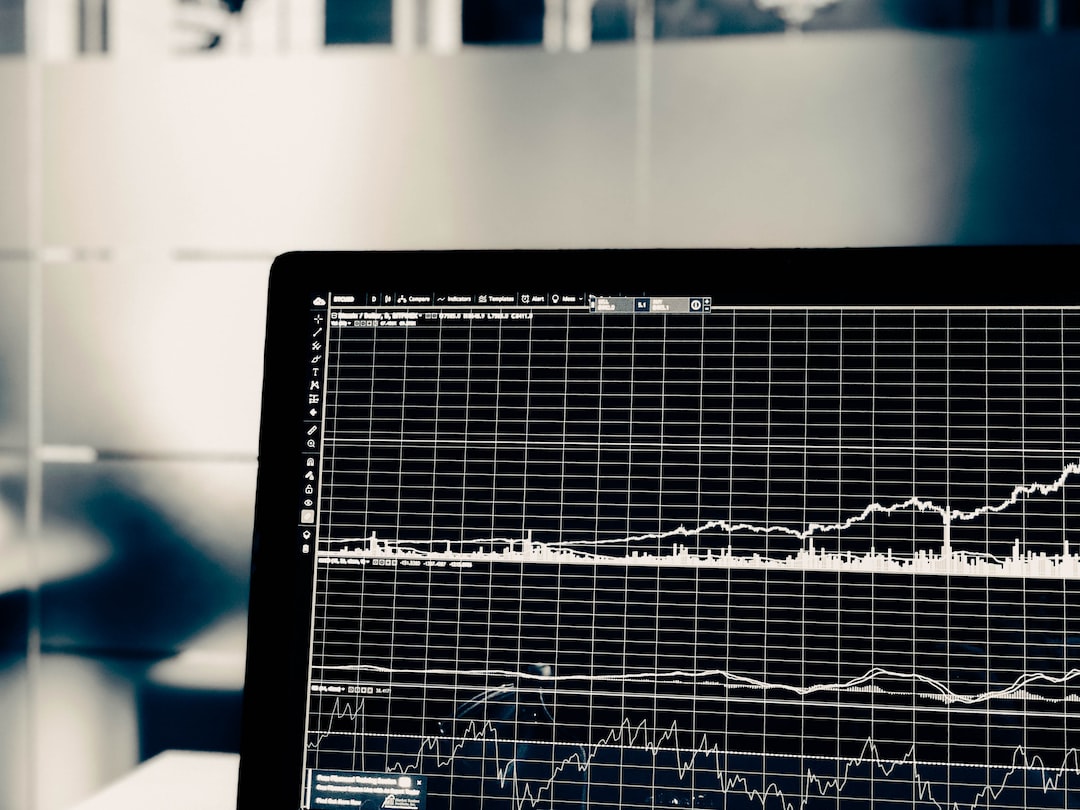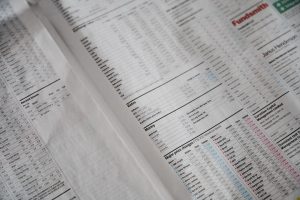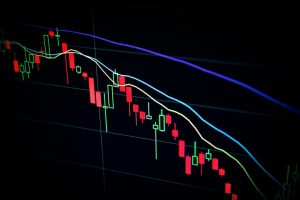Forex fixing, also known as currency fixing, is the process of determining the exchange rate of a currency against another currency. This process is carried out by financial institutions, such as banks, and is done by using market data to calculate the rate at which one currency can be exchanged for another.
Forex fixing is a critical component of the global forex market, as it helps to determine the value of different currencies and enables traders to make informed decisions about buying and selling currencies. The process is carried out on a daily basis, and the rates are used by financial institutions to determine the value of their assets and liabilities denominated in foreign currencies.
The forex fixing process is typically carried out in two ways: either through a centralized system or through a decentralized system. In a centralized system, the process is carried out by a single institution, such as a central bank or a financial regulator. This institution sets the exchange rate for a particular currency pair based on market data and other relevant factors.
In a decentralized system, on the other hand, the process is carried out by multiple financial institutions, who collaborate to determine the exchange rate of a currency pair. This approach is commonly used in the forex market, as it allows for greater flexibility and adaptability to changing market conditions.
The forex fixing process involves the use of a range of different market data and factors, such as interest rates, inflation, and economic growth. These factors are used to determine the relative strength or weakness of a particular currency, which in turn determines its exchange rate against another currency.
One of the key challenges in the forex fixing process is the potential for manipulation, particularly in the decentralized system. This is because financial institutions may be motivated to manipulate exchange rates for their own benefit, such as to increase profits or to gain a competitive advantage.
To address this issue, regulatory bodies have implemented a range of measures to ensure transparency and fairness in the forex fixing process. For example, the International Organization of Securities Commissions (IOSCO) has developed a set of principles for financial institutions to follow when carrying out the forex fixing process, including the use of objective and transparent methods of determining exchange rates.
Overall, forex fixing plays a critical role in the global forex market, as it helps to determine the value of different currencies and enables traders to make informed decisions about buying and selling currencies. While there are challenges associated with the forex fixing process, regulatory measures have been put in place to ensure transparency and fairness, which helps to maintain the integrity of the forex market.





